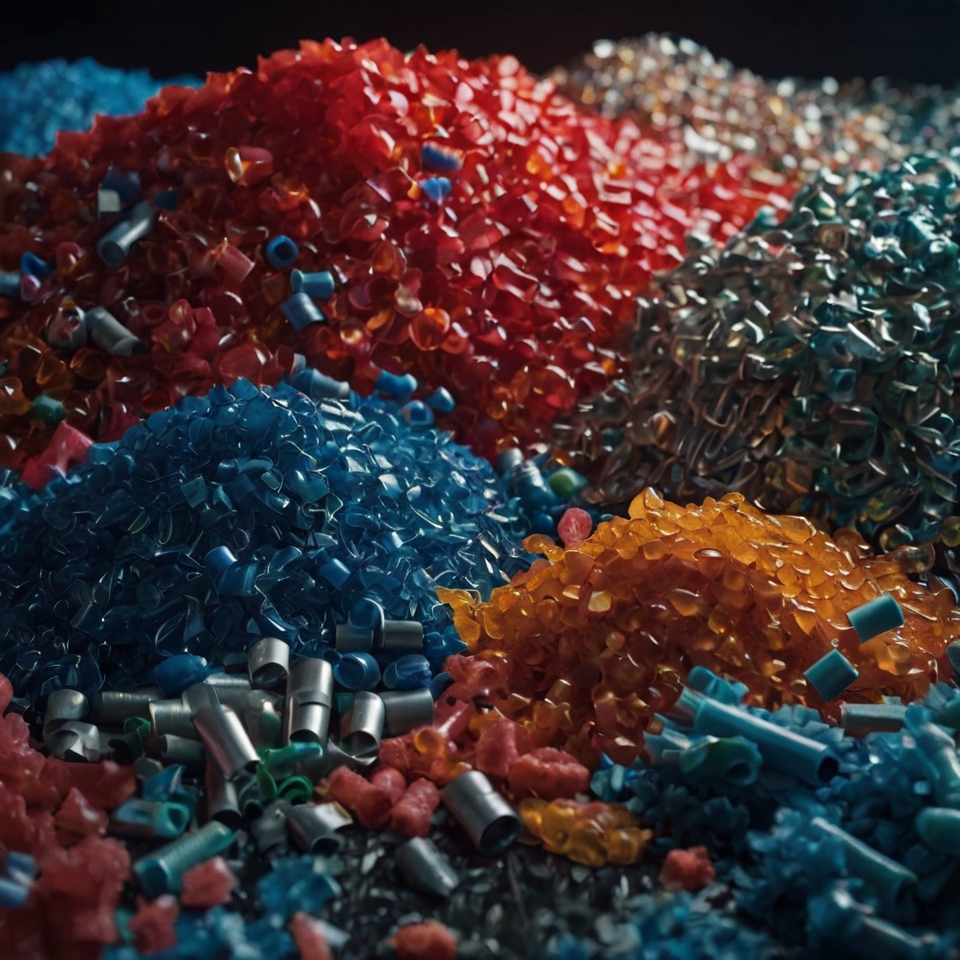The plastic additives market plays a critical role in enhancing the properties and lifespan of plastic materials across a wide range of industries. These additives, which include stabilizers, flame retardants, plasticizers, and colorants, provide essential benefits that make plastics more functional and durable. As global industries grow increasingly dependent on plastic for diverse applications, the demand for high-quality additives is set to rise, especially as companies seek more sustainable solutions.
Growing Demand in End-Use Industries
The expanding packaging industry is a major driver for the plastic additives market. With e-commerce on the rise and consumer preferences shifting towards sustainable packaging options, manufacturers are exploring additives that enhance plastic durability while maintaining environmental responsibility. In the automotive sector, the need for lightweight, durable components has driven demand for additives that provide strength without adding weight. Similarly, in the construction industry, plastics treated with additives are increasingly used for insulation and piping, offering advantages in cost and longevity.
The electronics sector is another significant area of growth. Additives such as flame retardants are crucial for ensuring the safety of plastic components used in electronics, where heat resistance is vital. This trend is likely to continue as electronics become more advanced and integrated into daily life.
Environmental and Health Considerations
With growing awareness about the environmental and health impacts of plastic waste, there is a strong shift towards bio-based and eco-friendly plastic additives. These alternatives are gaining popularity as they reduce reliance on fossil-fuel-derived chemicals and offer safer options for consumers. Additives that improve the recyclability of plastics are also in demand, as they help reduce the amount of plastic waste in landfills.
Government regulations are playing a substantial role in this shift. For instance, the European Union and several countries in Asia have implemented regulations restricting hazardous chemicals in plastic additives. These policies are driving companies to invest in research and development for green additives, which not only comply with regulations but also cater to eco-conscious consumers.
Innovations in Bio-Based Additives
Advancements in technology have enabled the development of bio-based plastic additives, which are derived from renewable resources. These innovations have the potential to transform the plastic additives market by reducing dependence on traditional petrochemical-based additives. Bio-based plasticizers, for example, are designed to be more environmentally friendly, contributing to the creation of sustainable plastic products.
Recycling-friendly additives are also emerging as a trend, supporting the circular economy by making plastics easier to recycle. These innovations align with the broader movement towards sustainable practices and are particularly relevant in the food and beverage packaging sector, where concerns about single-use plastics and waste are most pronounced.
Future Prospects and Challenges
While the plastic additives market is positioned for growth, it is not without challenges. Regulatory restrictions, high costs of sustainable materials, and the technical limitations of bio-based additives could slow down adoption rates. Additionally, some regions may face a slower transition due to a lack of regulatory pressure or consumer awareness regarding sustainable products.
Despite these obstacles, the market outlook remains positive. As companies increasingly prioritize sustainable and safe plastic solutions, the demand for innovative, environmentally responsible additives is expected to grow. The plastic additives market is poised to evolve, adapting to both industry demands and the global push for a greener, more sustainable future.
Sustainable Trends Shaping the Future of the Plastic Additives Market
